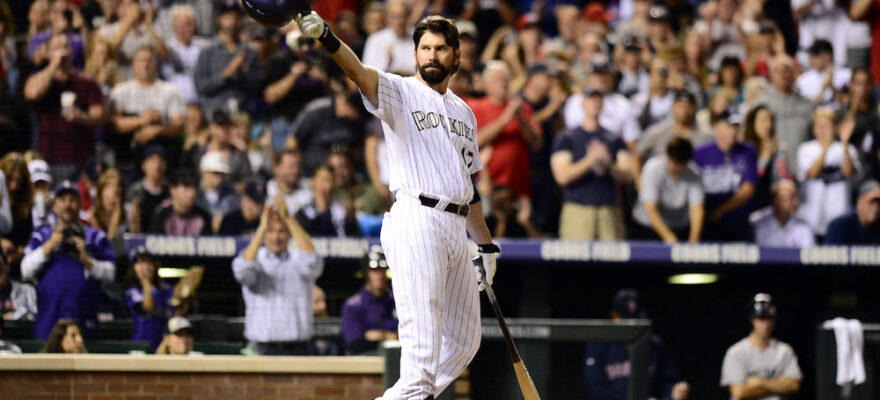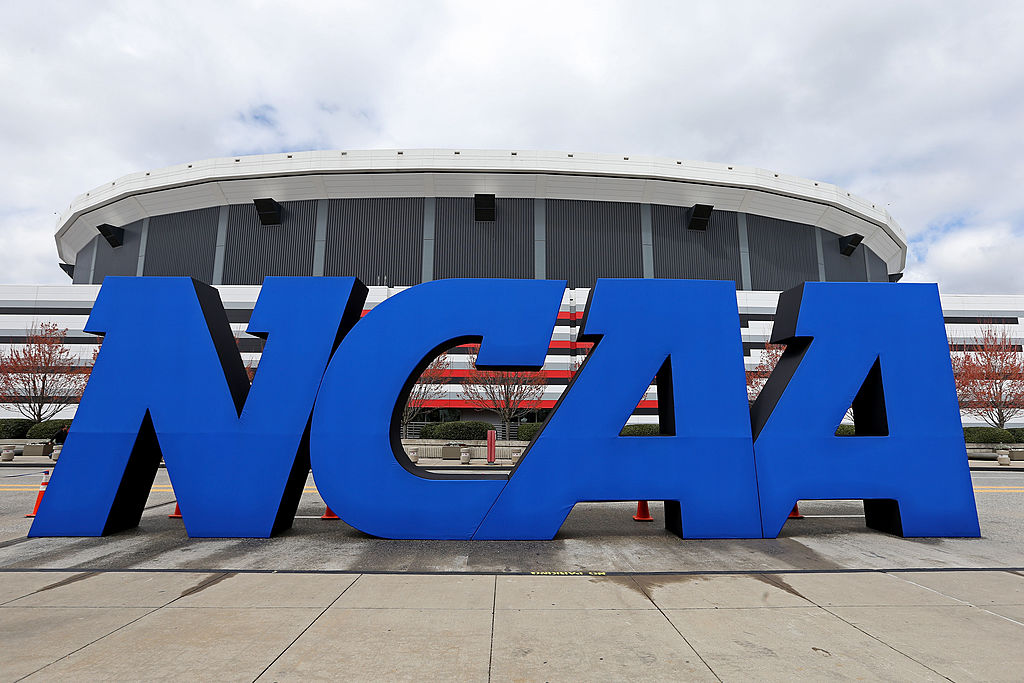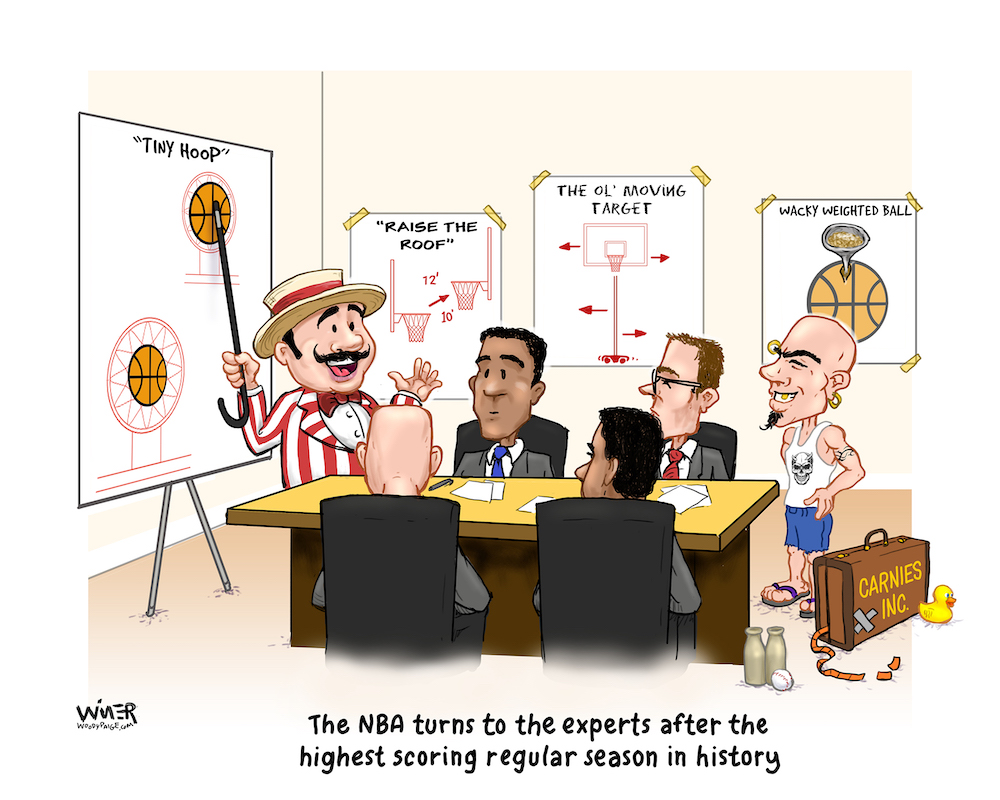Can “too many cooks” really “spoil the broth?” How about too many hitting coaches?
Dante Bichette has been a big league hitting coach, and knows a thing or two about the subject. He did it pretty well back in his day, and passed along a lot of good advice to his All-Star son Bo (chosen for the American League squad in 2021 and again this season) as well.

Dante was an All-Star too, four times between 1994 and 1998, to be exact. That was during the heyday of the Colorado Rockies and their “Blake Street Bombers.” Things have changed…a lot…between the time Dante was leading the National League in home runs and RBI while winning the 1995 Silver Slugger Award and today, when Bo has become one of the brightest stars in baseball for the Toronto Blue Jays.
For one, back then, striking out was a bad thing. It’s much more socially acceptable now, for some odd reason.
Hitting has always been referred to as a “science,” even if that’s overstating things a bit. But it’s never been more analyzed, scrutinized and over thought than it is today. Major League teams have entire staffs of coaches and analysts whose sole job is to examine every single facet of a player’s swing from the moment he enters the organization. Imagine you’re a young hitter just entering the professional ranks. The team drafted you for a reason, right? You must have been doing something right or they wouldn’t have picked you. But all of a sudden, everyone is in your ear, telling you that you need to change this or that and do this with your front side and blah blah blah.
When does it all become white noise?
Consider this: Dante’s old team, the Rockies, currently have SEVEN hitting coaches – three alone for the major league team. Certainly they’re all trying to stay on the same page and coach the same things. Certainly the coaches at all four of the minor league levels are trying to get the same message across to their hitters at every level. But is that even possible? Remember that game where you stand in a circle and whisper something in the ear of the person next to you and by the time the last person whispers it back into your ear, it sounds completely different?
It’s more than reasonable to wonder if the message can get lost in translation.
The Rockies seven hitting coaches don’t seem to be having the desired impact, at least not at the Major League level. After getting swept by the Los Angeles Dodgers (who only have six hitting coaches in their organization) in a four-game set where they struck out a staggering 48 times and walked twice, the Rockies are leading the NL in striking out, near the bottom of the league in team batting average and are third from last in home runs and runs scored.
Paralysis by analysis?
Dante thinks this could be a problem.
“This is not going to be popular,” he said on a recent Podcast. “But if I were running an organization – in the minor leagues – I would not have hitting coaches.”
He was basing his belief on the experiences he had coming up through the minor leagues, when every team didn’t have its own hitting coach…and individual players didn’t have private hitting coaches on top of that. The typical arrangement involved a manager and assistant at each level, most times a pitching coach. But organizations had “roving” hitting instructors then. The same guy would travel from team to team and work with players when he was there, then leave them to figure it out when he wasn’t.
“What good hitters do is they know themselves,” Dante continued. “Whoever floats out of those minor leagues knows himself.”
And most times, he’ll be his own best hitting coach.
If nothing else, teams find out who’s willing to put in the work necessary to advance and who isn’t.
And they’d save a little more on coaches’ salaries, too.
The downside of having fewer coaches from the team’s perspective? A loss of some level of control over the development process, and the likelihood that one or more of their high draft picks – guys who got a lot of money to sign – aren’t going to be self-starters and put in that work. Teams will have put big dollars into someone that doesn’t pan out because he couldn’t figure it out on his own.
But ask yourself: If a player can’t figure it out on his own in the minor leagues, is he ever going to be a good big league hitter? Baseball is a game of constant adjustment. Between seasons. Between games. Between pitches. If you aren’t adjusting, you’re getting left behind…and losing. So if a player has to depend on a coach – or coaches – to make those adjustments, how good can he actually be?
That old saying has merit. Too many hitting coaches may be spoiling hitters, too.
Follow Mark on Twitter @markknudson41
More from The Woody Paige Sports Network:
- Woody Paige: That time I played blackjack with Michael Jordan in Monte Carlo
- John Elway’s 7 best moments as General Manager of the Denver Broncos
- Woody Paige: A tribute to the legendary John Madden
- Watching and Learning from the great Nolan Ryan
- Will LIV Golf end up more like the AFL…or more like the USFL?
- Woody Paige: It’s time for the Monfort family to sell the Colorado Rockies
- Here’s why the Denver Broncos should fire general manager George Paton

















